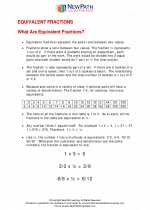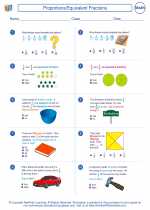Calculus Formulas Study Guide
1. Derivative Formulas
Constant Rule:
If f(x) = c, where c is a constant, then the derivative f'(x) = 0.
Power Rule:
If f(x) = x^n, where n is a constant, then the derivative f'(x) = nx^(n-1).
Product Rule:
If f(x) = u(x)v(x), then the derivative f'(x) = u'v + uv'.
Quotient Rule:
If f(x) = u(x)/v(x), then the derivative f'(x) = (u'v - uv') / v^2.
2. Integral Formulas
Power Rule for Integration:
The integral of x^n dx = (1/(n+1))x^(n+1) + C, where C is the constant of integration.
Integration by Parts:
The formula for integration by parts is ∫u dv = uv - ∫v du, where u and v are differentiable functions of x.
Integration by Substitution:
If ∫f(g(x))g'(x) dx, then let u = g(x) and du = g'(x) dx. This helps in simplifying the integral.
3. Limit Formulas
Limit of a Constant:
The limit of a constant c as x approaches a is lim(x→a) c = c.
Limit of a Polynomial:
The limit of a polynomial function f(x) = a_nx^n + a_(n-1)x^(n-1) + ... + a_1x + a_0 as x approaches a is lim(x→a) f(x) = f(a).
Limit of a Rational Function:
The limit of a rational function f(x) = g(x)/h(x) as x approaches a is lim(x→a) f(x) = g(a)/h(a), provided that h(a) ≠ 0.
.◂Math Worksheets and Study Guides Sixth Grade. Proportions/Equivalent Fractions

 Worksheet/Answer key
Worksheet/Answer key
 Worksheet/Answer key
Worksheet/Answer key
 Worksheet/Answer key
Worksheet/Answer key
